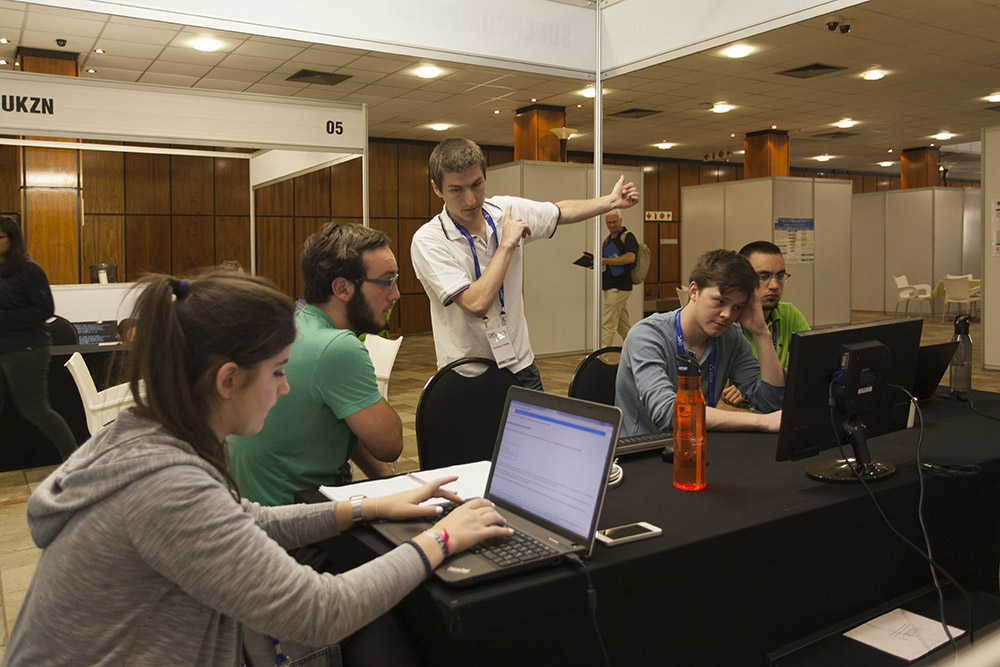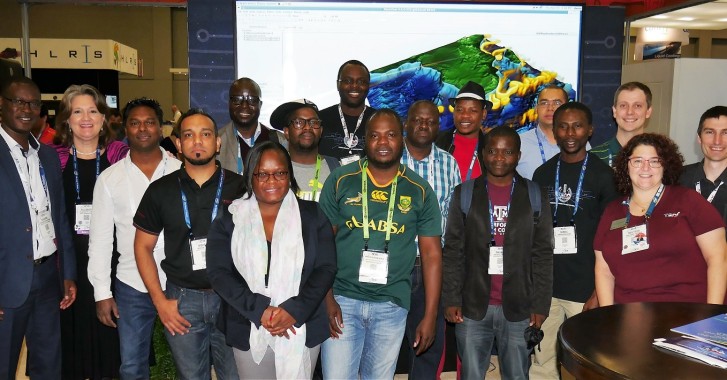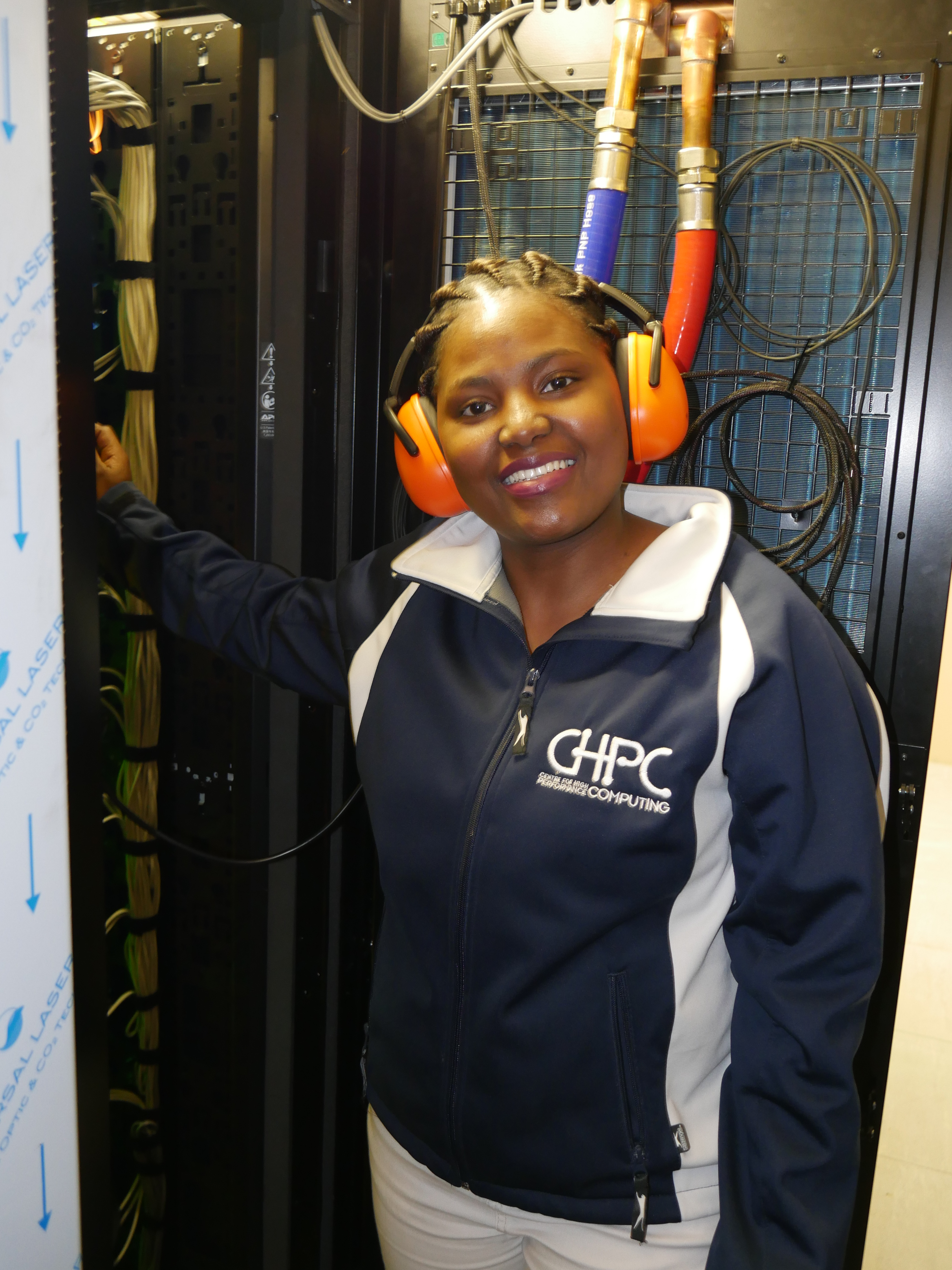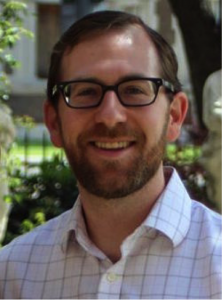This will be STEM-Trek’s third year to support a workshop during the annual supercomputing conference, or SC. This year’s program is titled “Understanding Risk in Shared Cyberecosystems,” or URISC@SC17. We’re collaborating with Von Welch who leads the U.S. National Science Foundation (NSF) supported Center for Trustworthy Scientific Cyberinfrastructure at Indiana University, and specialists from the South African Centre for High Performance Computing (CHPC).
We acknowledge that universities struggle to provide professional staff with conference-related travel and advanced training opportunities. Therefore, early-career professionals who work as campus technology facilitators or sysadmins at regional-serving public universities in the U.S. and Africa are invited to apply for travel support by Sept. 11, 2017.
Our SC co-located workshops have had NSF and private support. This year we are thankful that Google is helping, but we’re still fundraising to bridge gaps—flight costs are likely to increase due to petro industry damage caused by Hurricane Harvey, and we would love to support a larger cohort. Anyone interested in helping may contact [email protected].
As for return on investment, some prospective donors might think this demographic represents weak sales potential. Few are in the market for new systems or services since they operate on a shoestring; some support hardware that’s ten or more years old with no replacement in sight. What keeps them up at night? Most say it’s a challenge to keep older hardware running, they can’t afford or take time off to train, they don’t have enough time for outreach and education, and everyone struggles with cybersecurity.
What prospective donors may not realize is that the demographic we support represents industry growth in important and often new directions. This might be more difficult to understand for those who haven’t worked with this community as long as we have (I have 13 years of experience with campus tech/10 years global HPC external relations/5 years with African projects). Some are building new centers from scratch, and local advocacy often rises to meet unique regional industry needs. Once trained, many relocate to find better-paying jobs with academic, government or commercial facilities that appreciate their resourcefulness and creativity. I call them “unicorn-generalists” who are likely to become lead decision-makers in the $44 billion HPC industry.1
 I can think of many unicorn-generalist examples, but I’ll share four today.
I can think of many unicorn-generalist examples, but I’ll share four today.
Nick Thorne (standing) was the lead trainer at the CHPC in Cape Town, and now works as a research engineer with the Large Scale HPC Group at the Texas Advanced Computing Center (TACC).
When I met Thorne in 2012, he was laser-focused on building CHPC Director Happy Sithole’s vision. Dr. Sithole understands the importance of student development and international outreach better than anyone I know. Thorne contributed substantially to the CHPC Advanced Computer Engineering Lab’s effort to establish a student cluster competition for South African universities to compete in. This project, aimed at SA human capital development, allowed a winning team to represent SA at the annual International Supercomputing Conference Student Cluster Competition in Germany. SA has placed first or second at ISC since they began to compete in 2014. Thorne also supported the Southern African Development Community (SADC) CHPC Ecosystems project (map, below) that began with donated decommissioned hardware (part of TACC’s Ranger system, and another donated by University of Cambridge). He supervised the refurbishing, distribution and cluster installation at five national and three international sites; the five in SA support student cluster teams and light research. Thorne possesses the rare combination of interpersonal, diplomatic and technical aptitude which makes him a good director candidate. It wouldn’t surprise me if someday Thorne becomes the TACC director (give him another 15-20 years—he’s young, and so is TACC Director Dan Stanzione).
 When I first met Chungu Ngolwe (tallest, center back row), he worked as a systems engineer for ZAMREN, Zambia’s national research and education network. As project leader for the setup of Eduroam for the Zambian Federation, he facilitated workshops on campus network design, routing, switching and Eduroam before assuming the role as ZAMREN’s HPC sysadmin.
When I first met Chungu Ngolwe (tallest, center back row), he worked as a systems engineer for ZAMREN, Zambia’s national research and education network. As project leader for the setup of Eduroam for the Zambian Federation, he facilitated workshops on campus network design, routing, switching and Eduroam before assuming the role as ZAMREN’s HPC sysadmin.
Ngolwe attended several workshops that STEM-Trek and CHPC supported between 2012 and 2016, and I have always been impressed with his motivation and enthusiasm. Following a brief interview in 2016, I suggested he might consider specializing in cybersecurity (that epiphany had to do with questions he asked, and his personal interests). With a small child at home, I knew night classes would be inconvenient, so I shared a link to the collection of free or low-cost online instructional materials listed on our web site—training he could pursue in his spare time. My hunch must have been correct. I recently learned that Ngolwe left ZAMREN and now supports cybersecurity for Copperbelt Energy Corporation, one of the largest energy providers on the African continent.
 As a high school junior who grew up in South African townships, Zama Mtshali stood at a crossroads. Her grades were excellent, so she knew she would be college-bound. Unfortunately, she didn’t know what to study. With a University of Cape Town prospectus in hand, she searched for academic tracks that would provide her with employable skills. It was her goal to support herself and her family in the future. One sister is a soap opera actress, and her brothers have professional jobs, but none work in STEM fields. No one influenced Mtshali to pursue computer science, but she read where mathematical aptitude was helpful—and she loved math! This was the decision-tree that ultimately led Mtshali to her current role as a sysadmin for the largest HPC system for open research on the African continent, Lengau (which means “Cheetah” in the Tswana language; the fastest animal in the world).
As a high school junior who grew up in South African townships, Zama Mtshali stood at a crossroads. Her grades were excellent, so she knew she would be college-bound. Unfortunately, she didn’t know what to study. With a University of Cape Town prospectus in hand, she searched for academic tracks that would provide her with employable skills. It was her goal to support herself and her family in the future. One sister is a soap opera actress, and her brothers have professional jobs, but none work in STEM fields. No one influenced Mtshali to pursue computer science, but she read where mathematical aptitude was helpful—and she loved math! This was the decision-tree that ultimately led Mtshali to her current role as a sysadmin for the largest HPC system for open research on the African continent, Lengau (which means “Cheetah” in the Tswana language; the fastest animal in the world).
Mtshali has great role models since many women hold leadership positions in South African government science and technology divisions (and throughout the SADC region). She also has encouragement and support from CHPC Director Happy Sithole, and the respect of fellow CHPC sysadmins. STEM-Trek is committed to increasing workforce diversity, but we’re often disappointed by the small number of women who apply for travel support to attend HPC workshops; they are the rarest unicorns! When it becomes normalized for women everywhere to sit in the HPC “bullpen,” we expect more will follow Mtshali’s footsteps.
 Scott Yockel (Interim Director of Research Computing, Harvard University) is one of many U.S. success stories. We invited Yockel to talk about Harvard’s new green data center at the HPC on Common Ground @SC16 workshop (OCG).
Scott Yockel (Interim Director of Research Computing, Harvard University) is one of many U.S. success stories. We invited Yockel to talk about Harvard’s new green data center at the HPC on Common Ground @SC16 workshop (OCG).
While STEM-Trek can’t take credit for Yockel’s career trajectory, his path has not been unlike many who participate in our workshops. He grew up in Oklahoma, and attended Oklahoma Baptist University where he earned an undergraduate degree in chemistry before completing his graduate degree at the University of North Texas. As a computational chemist, he returned to UNT to manage their HPC facility before accepting a position at Harvard.
Even though Texas isn’t an EPSCoR state (NSF’s Established Program to Stimulate Competitive Research), and UNT benefits from urban cultural and employment opportunities found in nearby Dallas, as an undergrad his HPC career was influenced by training programs offered by EPSCoR XSEDE partners in Oklahoma (NSF Extreme Science and Engineering Discovery Environment). He could therefore relate to OCG participants, and recognizes that they’re also driven, resourceful, creative, and mobile. They must be all of these things in order to succeed, and many do!
To learn more about STEM-Trek and to follow URISC@SC17, please visit our website.
1 EnterpriseTech report, June 21, 2017, “Intersect 360 at ISC: HPC Industry at $44 billion by 2021,”accessed Sept. 6, 2017





























































